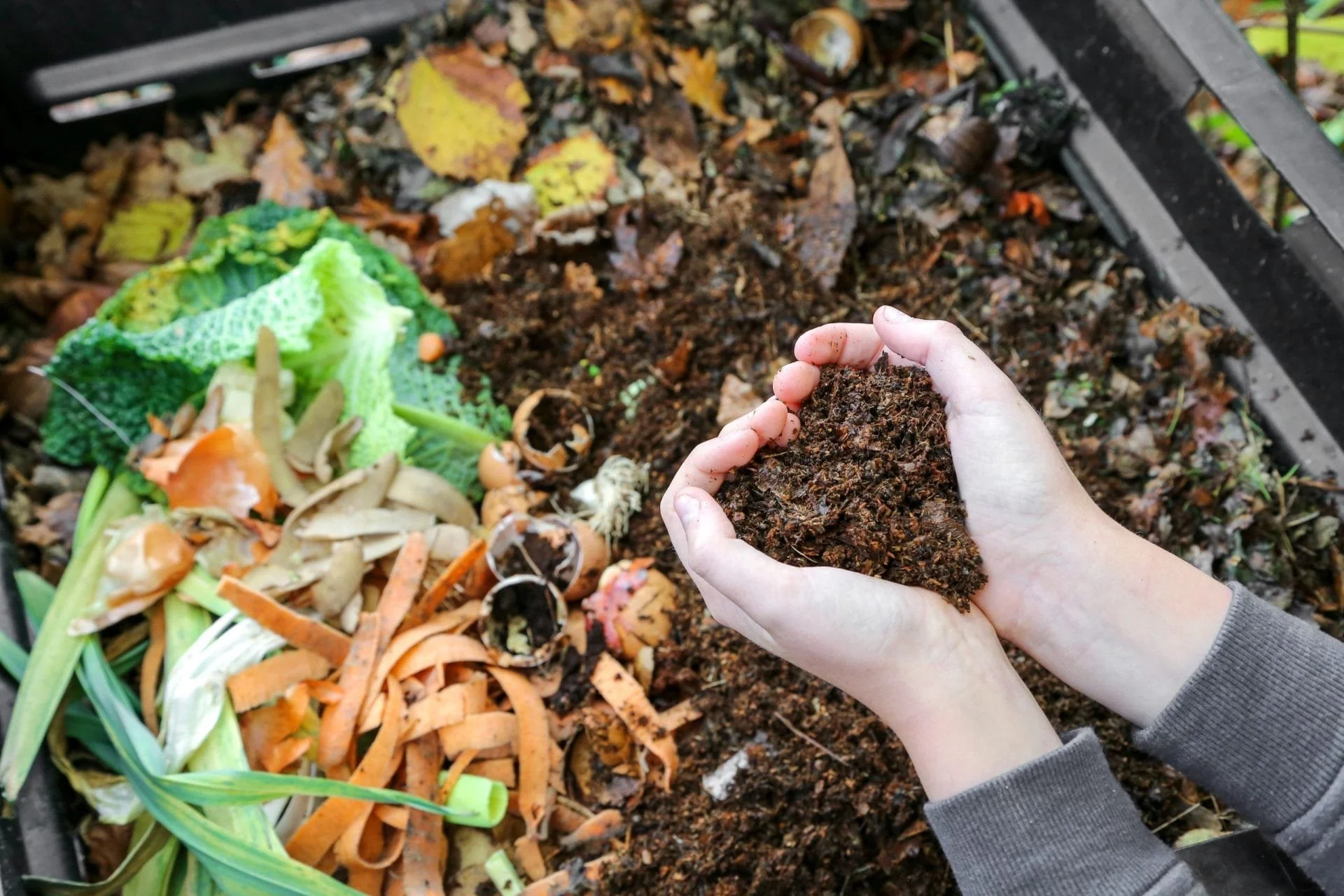Compost in Hill House
Grace Moses ‘29
Photo by Jerome Romme via Shutterstock
Last year, Stella Sturgill ‘28 and Emrie Pedraza ‘28 would collect their compost and carry it across campus to Warren Green’s community garden or the Alice Stone Ilchman Science Center’s compost. Their sophomore year — when they moved into Hill House on the opposite end of campus — they realized how inconvenient it is for students living in the building with the highest concentration of kitchens on campus to compost food scraps when they cook. Through the Workshop for Sustainable Solutions at Sarah Lawrence, they began working on the issue.
Their current project is to get a composting system up and running in Hill House. This would involve installing a bin in which residents could put their food scraps to be taken to an off-campus composting facility. Sturgill and Pedraza have created a proposal for Campus Operations and Student Senate, outlining their plan and addressing many of the concerns which come along with a composting system.
The bin would be outside of the building in order to mitigate the smell, and to prevent bugs and rodents indoors, which Assistant Vice President of Facilities and Operations, Maureen Gallagher, cites as a concern with composting. Gallagher notes structure as another challenge with keeping composting consistent, though she says her staff is, “happy to help if it can move forward and add to bringing a little structure to the program.” She adds that although there will be challenges, she can tell that Sturgill and Pedraza are, “up to the task.”
It would also be locked, an aspect that Sturgill initially resisted, “We don’t want to disincentivize people from [composting] by putting a lock on it.” Instead, the intention of the lock is to ensure that when residents make the effort to put aside their compost and dispose of it properly, their scraps are usable because it will be more likely that people haven’t disposed of things that cannot be composted. There will be an email address posted on the bin, where interested students can reach out in order to receive all the information they need to know on what can and cannot be composted.
The Science Center also maintains a small compost in their kitchen. Sarah Lawrence environmental science professor Bernice Rosenzweig says that, “in the science building, we hope that our composting pilot can serve as a model for students to learn about sustainability and actually implementing sustainability initiatives.” She adds that taking environmental science or ecology classes is one of the most important things students can do while they’re in college in order to learn more about sustainability.
Sturgill and Pedraza have done a handful of tabling events in partnership with Green Rights Organization for the World (GROW), “We’ve collected over 200 signatures,” Sturgill says, “it’s awesome.” They are using the signatures to demonstrate student support in their proposal.
The main factors still to be coordinated include funding, logistics surrounding dropping off compost and partnership with the organization taking the food scraps. Sturgill and Pedraza plan to work with the Yonkers Recycling Center.
“I would say a really big goal is to try and institutionalize composting and try and figure out why it isn’t something that this school is already [...] supporting,” Sturgill says, “I think that there is a lot of hesitation [...] because it’s never been done successfully before.” However, as included in their proposal, Sturgill and Pedraza will continue to practice Sarah Lawrence’s values, as written: “to find solutions for which no models currently exist.”

